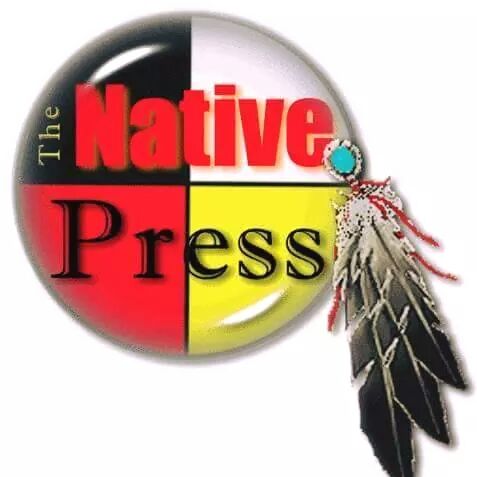[ad_1]
At an Indigenous-led energy conference in Moncton this week, Mi’kmaw leaders delivered a clear message: New Brunswick’s energy future runs through their communities.
They described a dual role for First Nations: as investors and owners of future energy projects, and as defenders of treaty rights when it comes to those projects.
ProEnergy, the U.S.-based company hired to build a controversial new gas plant in Tantramar, has been heavily criticized for promoting an Indigenous equity stake in the project before a deal was approved, and before a Mi’gmaw rights impact assessment was underway.
Dean Vicaire, executive director of Mi’gmawe’l Tplu’taqnn Inc., or MTI, the consultative body for eight of the nine Mi’kmaw nations in the province, says an impact assessment by his organization is now in “infant stages,:
He said the assessment will “take a good hard look” at the repercussions and possible consequences of the new power plant proposed for rural Tantramar.
A provincial environmental impact assessment is also underway, but officials have said that based on information gathered so far, they don’t believe the project meets the criteria for a more comprehensive assessment.
N.B. Power said the gas plant would provide backup power for renewable energy it plans to build in the coming years, and help secure the province’s energy supply by 2028.
Larger Indigenous role in energy
Vicaire was one of 450 delegates gathered in downtown Moncton this week for the 2025 Atlantic Indigenous-Led Energy Symposium.
The annual conference has grown rapidly since it was launched in 2022 by the North Shore Mi’kmaq Tribal Council.
Kicking off the event, Chief Rebecca Knockwood of Amlamgog, formerly Fort Folly First Nation, called for a commitment to a “collective energy future,” where Indigenous communities are “no longer mere spectators to developments on this land we now call Atlantic Canada.”

Jim Ward, general manager of the Tribal Council agreed.
“It’s time that we step up and become involved,” he said. The symposium is a way to let government and corporate partners know that “if they want successful projects, to work with our First Nation communities,” he said.
Consultation got ‘lost’ with Tantramar project
Ward said ProEnergy Canada first approached the tribal council looking for partners in the Tantramar gas plant project. He said staff had been working on developing “an opportunity to provide equity into the project” when ProEnergy prematurely announced an agreement.
But while the council looked into the possible investment, “We don’t do consultation,” Ward said. “That’s MTI. And so that process is happening now.”
Vicaire said he believes ProEnergy thought “they were doing the right thing, but in reality, they weren’t.”
It’s the kind of confusion he hopes the Atlantic Indigenous-Led Energy Symposium will help avoid, eventually.
Vicaire said that occasionally project proponents, and even “some of our brother and sister organizations” see MTI as the ‘brakes’ on potential projects.
“I had to correct them,” Vicaire said. “We’re not actually the brake pedal. We’re the vehicle. And without the vehicle, there’s nothing.”

Vicaire says once the Mi’gmaq rights impact assessment of the gas plant project is complete, the assessment will be shared with leadership for decision-making.
“We’re there to present the facts,” Vicaire said. “Ultimately, it’s up to the respective chiefs and councils to decide for their community members.”
Consultation should have come first
Brad Coady, the N.B. Power vice-president of business development who was at the symposium, admitted the process regarding the gas plant was flawed.
[ad_2]
Source link

